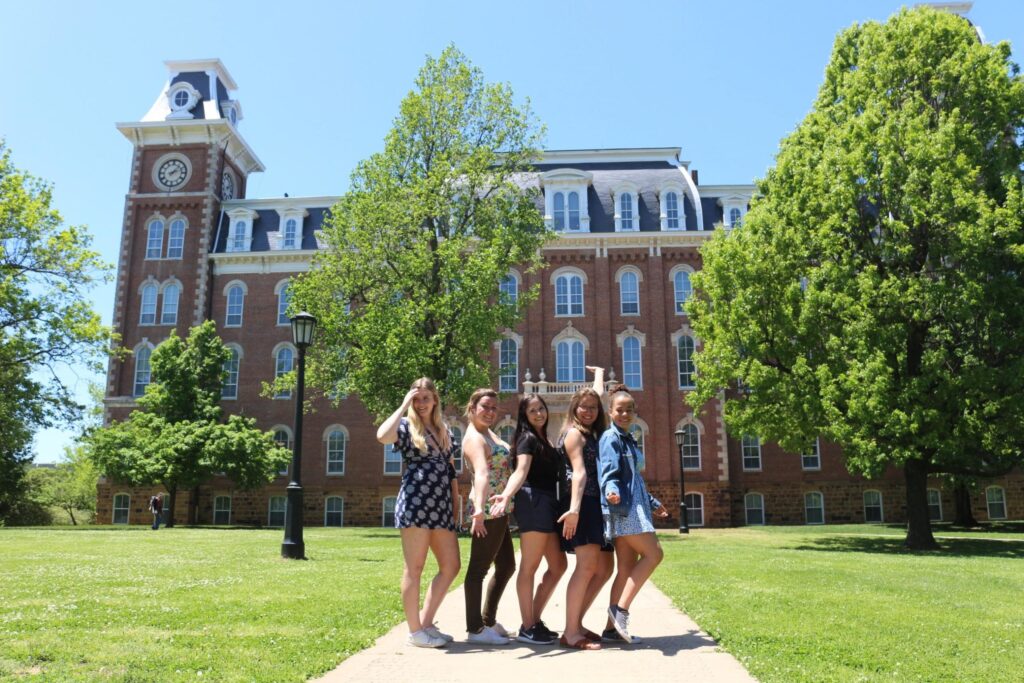The academic landscape in the United States and the United Kingdom boasts rich histories and traditions, yet each offers a distinct educational experience shaped by unique cultural, structural, and pedagogical differences. From teaching styles and degree structures to campus culture and extracurricular activities, there are several notable disparities between academic life in these two nations.
One of the most striking differences lies in the structure of undergraduate degrees. In the United States, undergraduate programs typically span four years, with students having the flexibility to explore various subjects before declaring a major. In contrast, undergraduate degrees in the United Kingdom typically last three years, with students focusing exclusively on their chosen field of study from the outset. This streamlined approach allows UK students to delve deeper into their chosen discipline but may offer less flexibility for exploration.
Another key distinction is the emphasis on assessment and grading. In the United States, students are often evaluated through a combination of assignments, exams, and class participation, with grades typically based on a percentage scale. In the United Kingdom, assessment tends to be more heavily weighted towards end-of-year exams, with final grades determined by performance in these examinations. Additionally, UK universities often employ a broader grading scale, with classifications such as first-class, upper second-class, lower second-class, and third-class honours.

Teaching styles also differ between the two countries. In the United States, there is a strong emphasis on interactive, discussion-based learning, with smaller class sizes allowing for greater student engagement. UK universities, on the other hand, often employ a more lecture-based approach, with larger class sizes and less opportunity for student participation. However, tutorial sessions and seminars are commonly used in the UK to supplement lectures and encourage more interactive learning experiences.
Furthermore, campus culture varies significantly between the United States and the United Kingdom. American universities tend to place a strong emphasis on extracurricular activities, with a wide range of clubs, sports teams, and student organizations available for students to participate in. UK universities offer fewer extracurricular opportunities, but often have a more vibrant social scene centered around student unions and societies.
Additionally, the cost of higher education differs between the two countries. In the United States, tuition fees can be prohibitively expensive, with many students taking out loans to finance their education. In the United Kingdom, tuition fees are generally lower, and government-funded loans are available to help cover the cost of tuition. However, living expenses may be higher in the UK, particularly in cities such as London.
While the United States and the United Kingdom both offer world-class education systems, there are notable differences in academic life between the two countries. From degree structures and assessment methods to teaching styles and campus culture, students can expect a unique educational experience depending on which side of the Atlantic they choose to study. Ultimately, the decision between the two countries will depend on individual preferences, academic goals, and personal circumstances.

